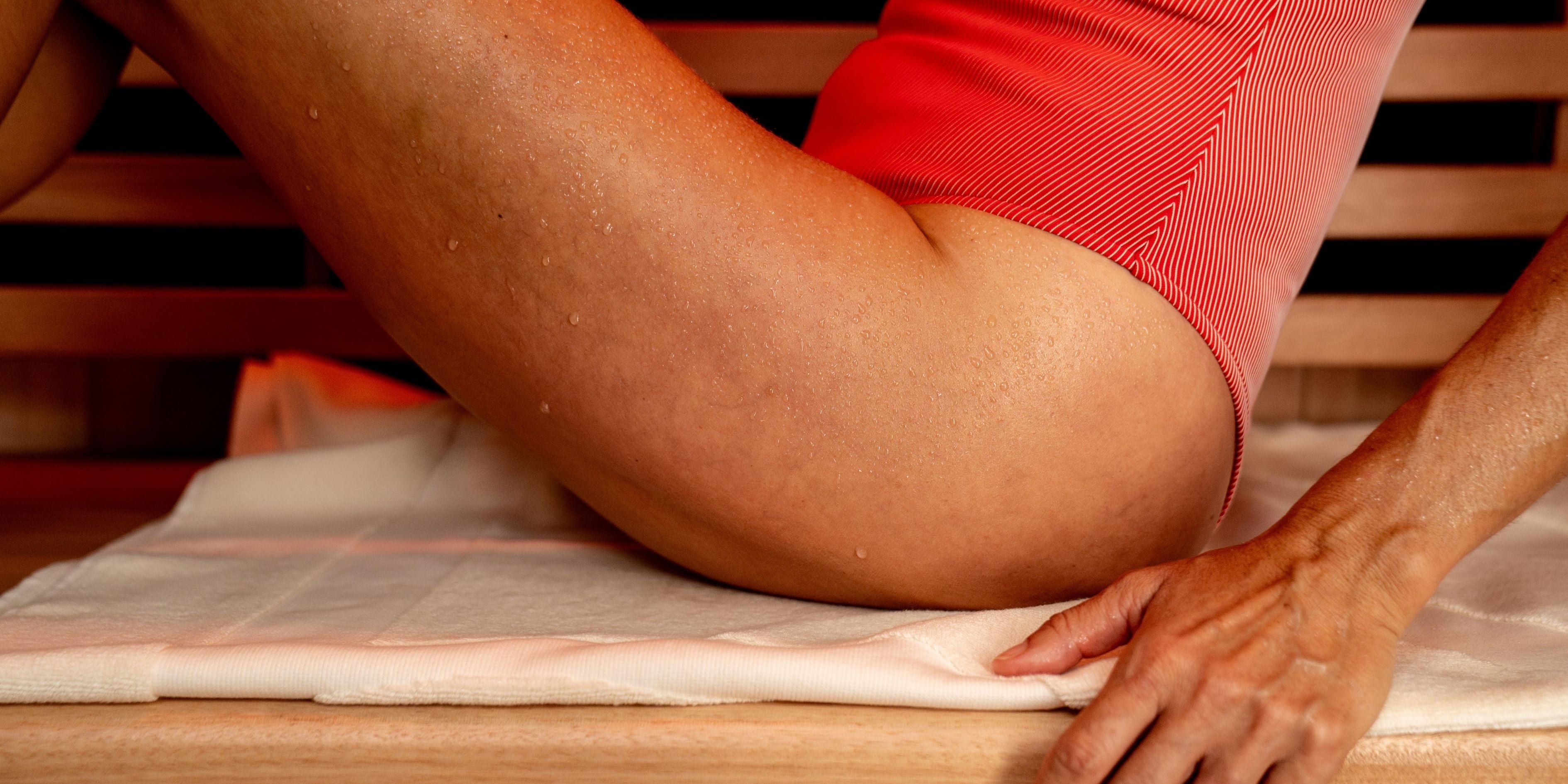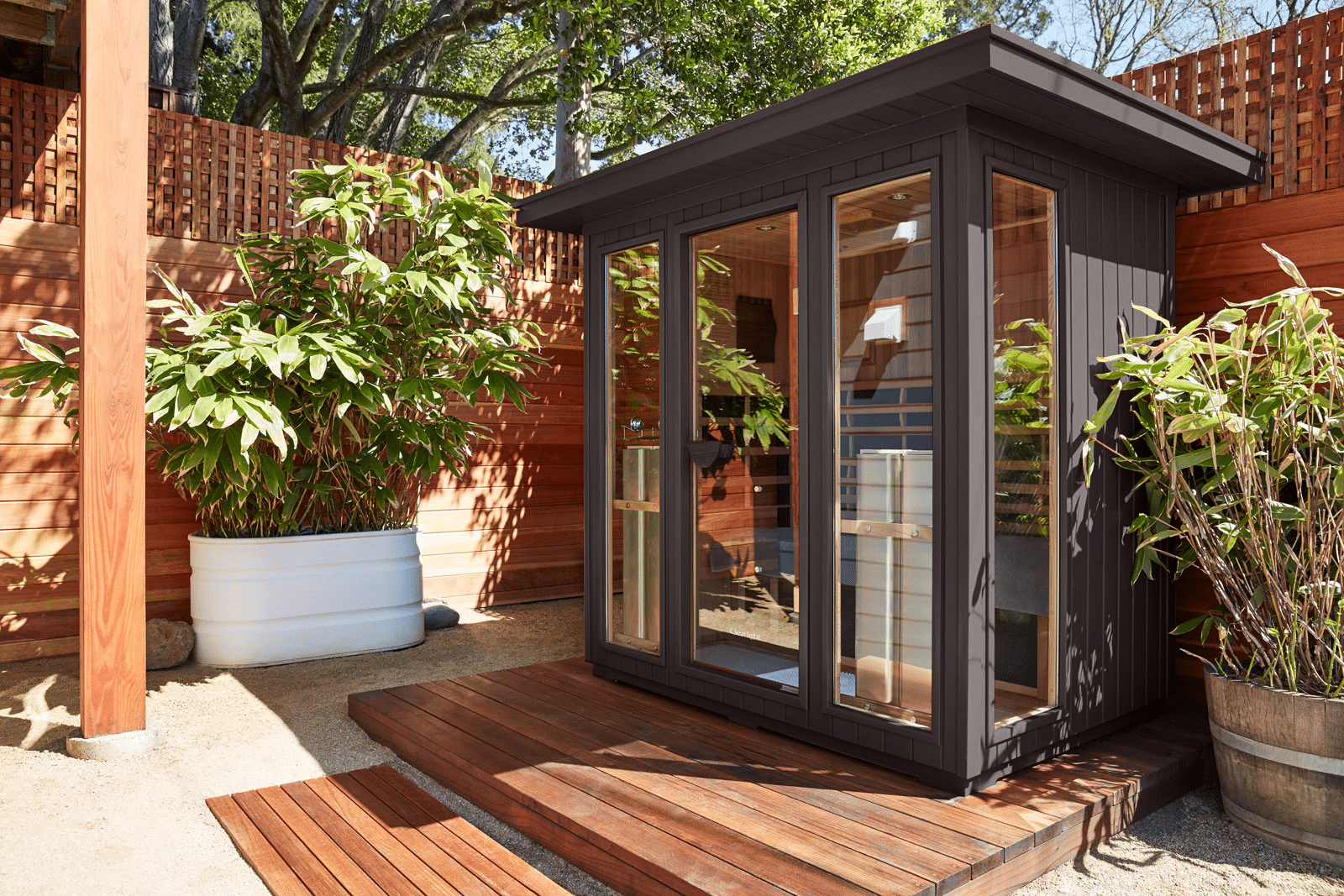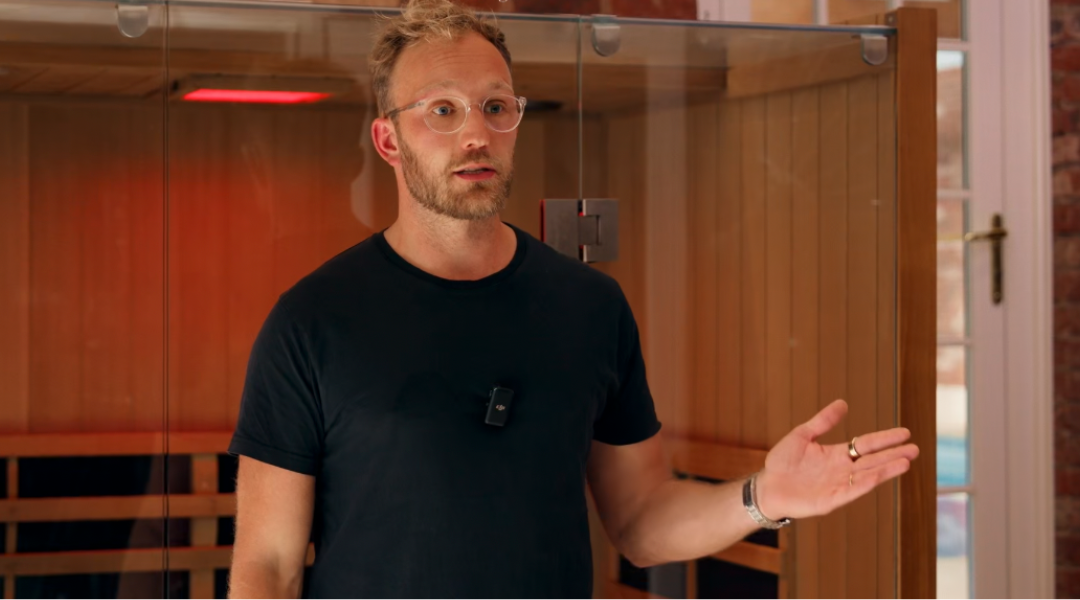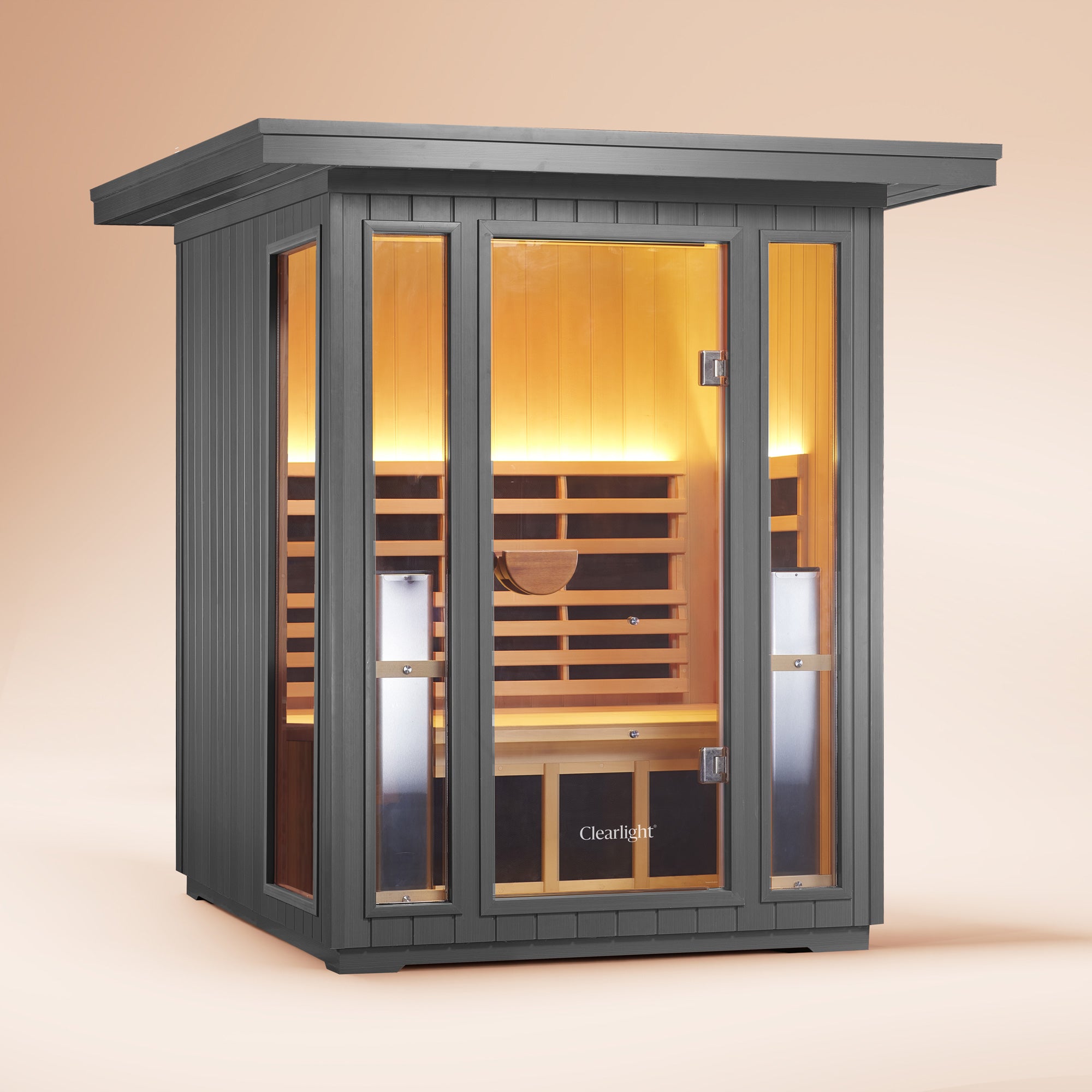One million years ago, our ape-like ancestors would have considered a fireplace an incredible discovery (some of us still do).
One thousand years ago, antibiotics would likely be considered witchcraft. One hundred years ago, smartphones would be seen as a kind of magic.
And yet in every generation new technologies will keep being created, aiding us in our quest towards comfort and health, with constant surprises.
This article will explore a few modern inventions and emerging technologies, which are able to bring a sense of well-being into our lives. F
rom sleeping and meditation apps, to virtual reality relaxation software, there is no doubt that the future is bright for the interconnection between health, and the ever-evolving machines of the world.
Improved Sleep
Sleep seems like such a simple concept. You go about your day, and when you start to feel sleepy, you get some good night's rest.
Or a siesta, during the day. But then what about that big project you have to spend all night working on?
Or the fact the baby is up all night, and you have to get up early in the morning for a presentation?
In short, with everything that's going on, the modern world has made it a bit more difficult to get regular sleeping patterns.
This gets further exacerbated with an active social life, children, and the inevitable all-nighter binge with your favorite TV show. To counter this problem, various technological advancements have risen to help people improve the quality of their evening rest.
In addition, multiple studies have come out with explanations for why so many people are addicted to sleeping pills.
For example, you probably already knew that staring at bright screens before going to bed doesn't really help, when it's finally time for a bit of shut-eye.
Light from TV, laptop and smartphone screens suppresses the production of melatonin, an important sleep-regulating hormone. This is why falling asleep while reading is often effective.
To help with this modern problem, there are a number of modern solutions.
One example is F.lux, a browser app that changes the color of your laptop's display, so it adapts to the time of day — similar to sunlight during the day and warmth at night.
Another promising sleeping app is the Sleep Cycle, which uses AI to analyse your sleep and wake you up at the lightest moment of sleep, so you can feel fully rested.
Or at least not feeling all groggy because you were awoken during your REM sleep.












Are Infrared Saunas An Effective Treatment Of Acne?
Top 5 Ways To Prepare For Infrared Sauna